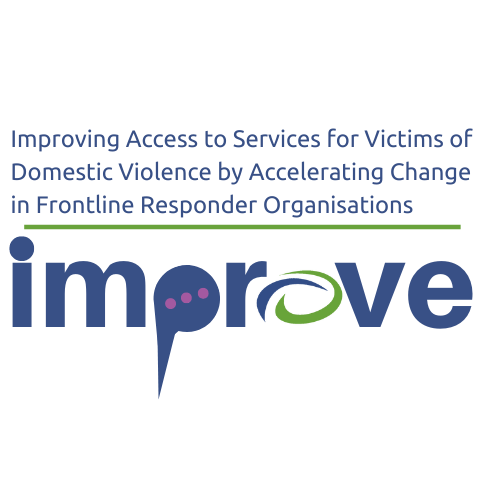13 February 2024
French Pop, Slam and Rap Against Domestic Violence
Introducing a significant cultural shift in French music, this blog article explores how artists, particularly in the genres of pop, rap, and slam, have embraced the theme of combating violence against women. From impactful videos like "Slam against violence" by Martinique pupils to the expressive works of slammers like Michaël (Gardien 2 la rue) and Ballfak, these musicians use scripted lyrics and rhythmic music to address domestic violence. Social movements like #MeToo have amplified their voices, with emerging talents like Chilla, Suzane, and Grand Corps Malade contributing to the discourse.
In France, since the years 2000–2010, the subject of violence against women has increasingly become part of the repertoire of pop, rap and slam singers. This is for example the video "Slam against violence" made in 2011 by pupils of a primary school in Martinique (see below). Michaël, alias Gardien 2 la rue (36 years old), is a slammer and rapper who sings against domestic violence ("Violences Conjugales"). Another rapper – Ballfak (17 years old) – deals with the same subject exclusively on social networks, "Femme Battue" (“Beaten Woman”).
The role of music in speaking about domestic violence
The scripted lyrics, the rhythmic music, and the intensity of the voices translate dramatic situations in the face of which the writers/performers express their feelings of anger and accusation. These interpretations accompanied by videos are widely presented on social networks and precede the release of the albums. Some have a few hundred views while others have several tens of millions. The singers have also made a name for themselves thanks to numerous festivals and concerts throughout France. Sometimes they are a nod to hip-hop and electronic sounds, but the structure of the lyrics is often close to French chanson. For example, some people see Piaf's heiress Barbara and Brassens as Leïla Huissoud (24 years old). This young French singer-songwriter deals with the subject of the differences between men and women in the song "Infidèle" (lyrics Patrick Font, music Evelyne Gallet):
Mareva Rana – Chilla (24 years old) is considered the rising star of French women's rap. She started learning the violin at the age of six, until she passed her baccalaureate in flexible hours at the Annecy Conservatory. She started listening to rap at the age of 17 and writing her first lyrics. In her first album "Karma", released in November 2019, the titles "Balancetonporc" (#MeToo) and "Si j'étais un homme" (“If I was a man”) with over 34 million views denounce sexism in society (text Mareva Rana, Cleo Didier, music Johan Ratellin, Mareva Rana, Cleo Didier).
In January 2020, "Toï Toï", the first studio album of French singer-songwriter Suzane (29 years old), was released. A year before, the song "SLT" ("Hi" in SMS slang) against sexual harassment has already been seen more than 3.5 million times on YouTube.
Suzane and Fabien Marsaud, known as “Grand Corps Malade” (43 years) – French slammer, poet and songwriter –, perform the song "Pendant 24 heures" (For 24 hours) to denounce the way women are (badly) treated in everyday life. Grand Corps Malade pays tribute to women in the song "Mesdames" from his last album released in September 2020.
The importance of the social movements #MeToo, #BalanceTonPorc, #WeToo have played an important role in freeing the voices of harassed, assaulted and raped women. Artists have participated by creating songs about women's place in society and their resentment of macho stereotypes. Most of these performers are under thirty years old and belong to a new generation committed to the major issues of today's society.
About the author
Margarita Vassileva is …..
a research engineer at the French National Centre for Scientific Research (CNRS), at the PACTE social science research centre in Grenoble. Her doctoral thesis looked at the construction of public space in the countries of the former Soviet bloc, with a particular focus on the role of the media. Her research interests include transfer, learning and political change in the process of Europeanisation. She has worked at the Marc Bloch Centre in Berlin on the development of public security intelligence. As a member of the French team of the IMPRODOVA research project on Improving Frontline Responses to High Impact Domestic Violence, she has conducted several field studies in France and Bulgaria.
Website: https://www.pacte-grenoble.fr/fr


